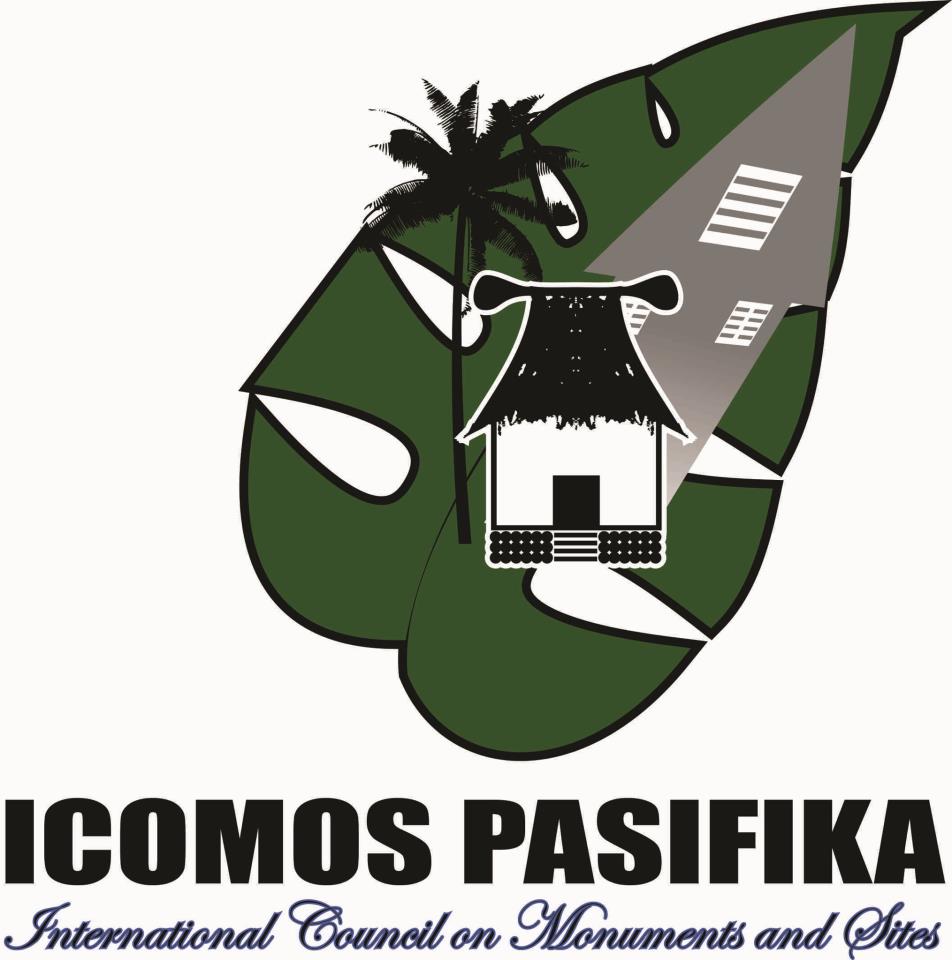This session is part of the Nature-Culture Journey (CNJ), a joint ICOMOS/IUCN initiative. It will build on the outcomes that emerged from the CNJ in Hawaii in 2016 and Delhi in 2017. The CNJ arises from the growing evidence that natural and cultural heritage are closely interconnected in most landscapes and seascapes, and that effective and lasting conservation of such places depends on better integration of philosophies and procedures regarding their management. This stop on the Journey is one of a number of smaller events that are looking to ‘localise’ the CNJ. It is jointly coordinated by IUCN and ICOMOS will explore the relevance of the culturenature movement to the Pacific region.
It will build on the emerging outcomes of other sessions in this conference, especially:
• the climate change adaptation and community resettlement forum
• the cultural landscape practice and management session
• the diverse communities – intangible heritage session
As we know, heritage conservation is an evolving practice, and one of the emerging approaches is ‘culturenatures’ identifying – recovering and sustaining connections between nature and culture and developing ways to manage this complexity. The people of the Pacific region continue to interact with their natural surroundings, in ways that have been shaped by their culture and history – sometimes as participants in the functioning of ecosystems, protectors of sacred natural sites, other times shaping landscapes, including through agriculture and fishing. They have developed traditional and scientific knowledge, belief systems and management and practices.
The Pacific is an ideal place to further the exploration of ‘culturenatures’ – it is a region known for its striking and sometimes unique natural heritage and its diverse intangible and tangible cultural heritage. Despite this, is it relatively underrepresented in terms of World Heritage places and faces imminent complex and potentially devastating threat from climate change and the ongoing challenges arising from the impacts of tourism.
This session will challenge participants – taking the learning from our combined skills and experience and challenging us to apply this to the realities that face the region. On the face of it, the culture-nature approach seems a perfect fit in terms of development of regional models, but what does this mean in practice? The session will be structured to include several speaker-provocateurs who will collectively set the scene and challenge the participants – participants will then take part in one of several knowledge cafes, which will discuss specific questions around this topic. The Knowledge Cafes will be guided by key IUCN and ICOMOS participants (names tbc).
The outcomes of this session will contribute to a CNJ Pasifika statement that will help characterise the direction for future CNJ work in the Pacific.

